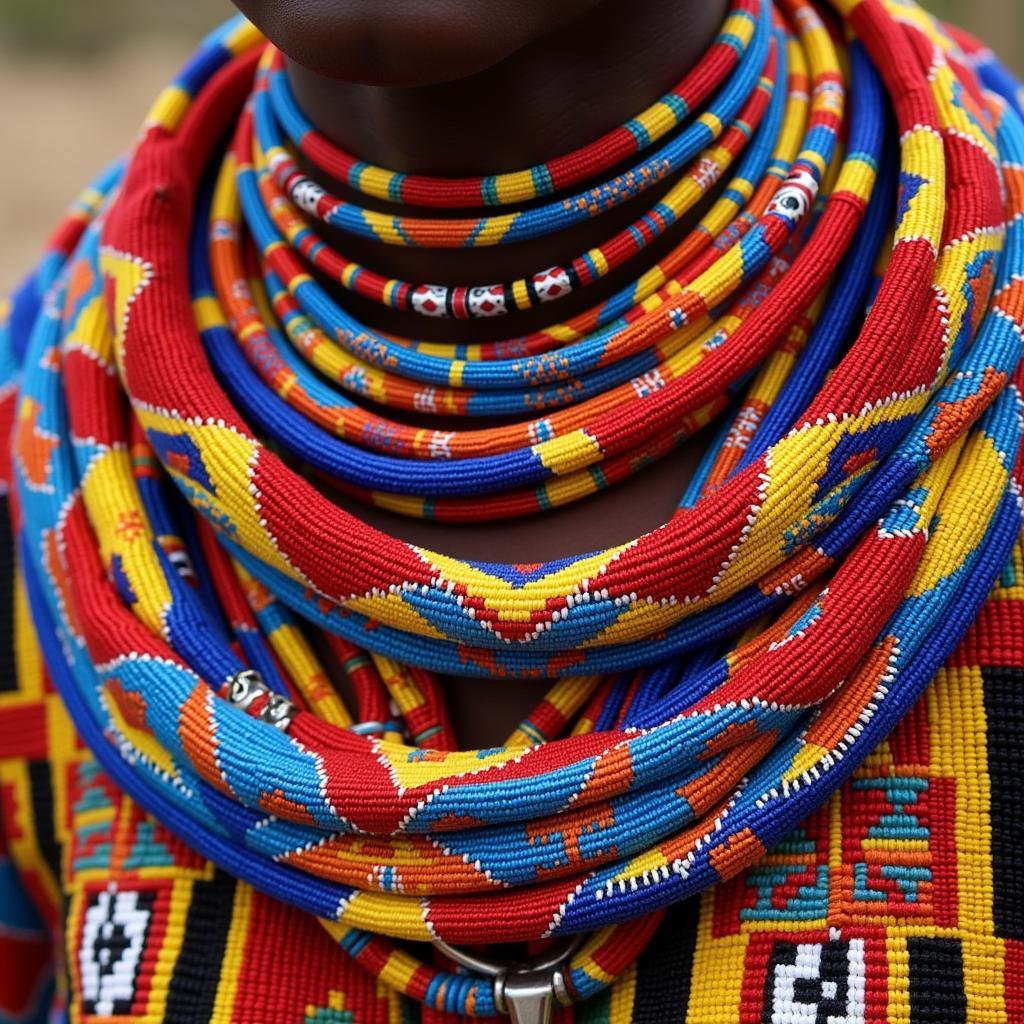Empowering Health: A Guide to African American Exercise Physiologists
African American Exercise Physiologists play a vital role in bridging health disparities and promoting wellness within their communities. They offer specialized expertise in exercise and fitness, tailored to the specific needs and considerations of the African American population. This guide explores the significant contributions of these professionals, addressing common questions and highlighting the importance of culturally competent care in exercise physiology.
The Importance of African American Exercise Physiologists
Exercise physiologists are healthcare professionals who develop fitness and exercise programs to help people improve their cardiovascular health, body composition, and overall well-being. African American exercise physiologists bring a unique perspective to this field, understanding the cultural nuances, historical context, and specific health concerns prevalent within the African American community. This culturally informed approach fosters trust and leads to more effective health outcomes. For instance, they may be more attuned to the cultural significance of food and family gatherings, enabling them to create exercise plans that integrate seamlessly into existing lifestyles.
Addressing Health Disparities through Exercise Physiology
African Americans experience higher rates of certain health conditions like hypertension, diabetes, and obesity. Exercise plays a crucial role in managing and preventing these chronic diseases. African American exercise physiologists are uniquely positioned to address these health disparities by providing tailored guidance and support. They understand the social determinants of health that can affect access to healthy food and safe exercise environments within their communities.
What Does an African American Exercise Physiologist Do?
African American exercise physiologists, like all exercise physiologists, conduct physical assessments, design personalized exercise programs, and monitor progress. They educate clients on healthy lifestyle choices, including proper nutrition and stress management techniques. They might work in hospitals, clinics, fitness centers, or private practices. Their work often involves collaborating with other healthcare providers to create comprehensive treatment plans. For example, they might work with a physician and a dietitian to help a client manage their diabetes through exercise and dietary changes.
How to Find an African American Exercise Physiologist
Finding a culturally competent healthcare provider is important. You can search online directories, contact local hospitals and clinics, or ask for referrals from your primary care physician. Professional organizations like the American College of Sports Medicine (ACSM) can also be valuable resources. Consider asking potential exercise physiologists about their experience working with diverse populations and their understanding of cultural sensitivities.
The Benefits of Working with a Culturally Competent Exercise Physiologist
Working with a culturally competent exercise physiologist fosters a stronger patient-provider relationship built on trust and understanding. This connection can lead to improved communication, better adherence to exercise programs, and ultimately, greater success in achieving health goals.
“Understanding the cultural context of a patient’s life is crucial. It’s not just about prescribing exercises; it’s about creating a plan that fits their lifestyle and addresses their specific needs.” – Dr. Anika Johnson, Certified Exercise Physiologist.
Education and Certification for Exercise Physiologists
Becoming an exercise physiologist typically requires a bachelor’s or master’s degree in exercise physiology or a related field. Certification through organizations like the ACSM demonstrates a commitment to professional standards and enhances credibility.
Choosing the Right Exercise Program
Finding the right exercise program is a personal journey. An exercise physiologist can help you identify activities you enjoy and that align with your fitness level and health goals. They can also modify exercises to accommodate any physical limitations you may have.
“Building sustainable habits is key. We focus on finding activities our clients enjoy so they can maintain a healthy lifestyle long-term.” – Kevin Williams, MS, Certified Exercise Physiologist
Conclusion
African American exercise physiologists are invaluable assets in promoting health and wellness within the African American community. Their expertise and cultural sensitivity make them essential partners in addressing health disparities and empowering individuals to achieve optimal well-being through exercise. By understanding the unique needs and challenges faced by this population, they provide tailored guidance and support that leads to meaningful and lasting improvements in health outcomes. Working with an African American exercise physiologist can make a profound difference in your health journey.
FAQ
- What is the difference between an exercise physiologist and a personal trainer?
- How much does it cost to see an exercise physiologist?
- Do insurance companies cover exercise physiology services?
- How often should I see an exercise physiologist?
- Can exercise physiologists help with weight loss?
- What types of exercises do exercise physiologists recommend?
- What qualifications should I look for in an exercise physiologist?
If you need further assistance, please contact us at Phone: +255768904061, Email: [email protected] or visit us at Mbarali DC Mawindi, Kangaga, Tanzania. We have a 24/7 customer service team.
